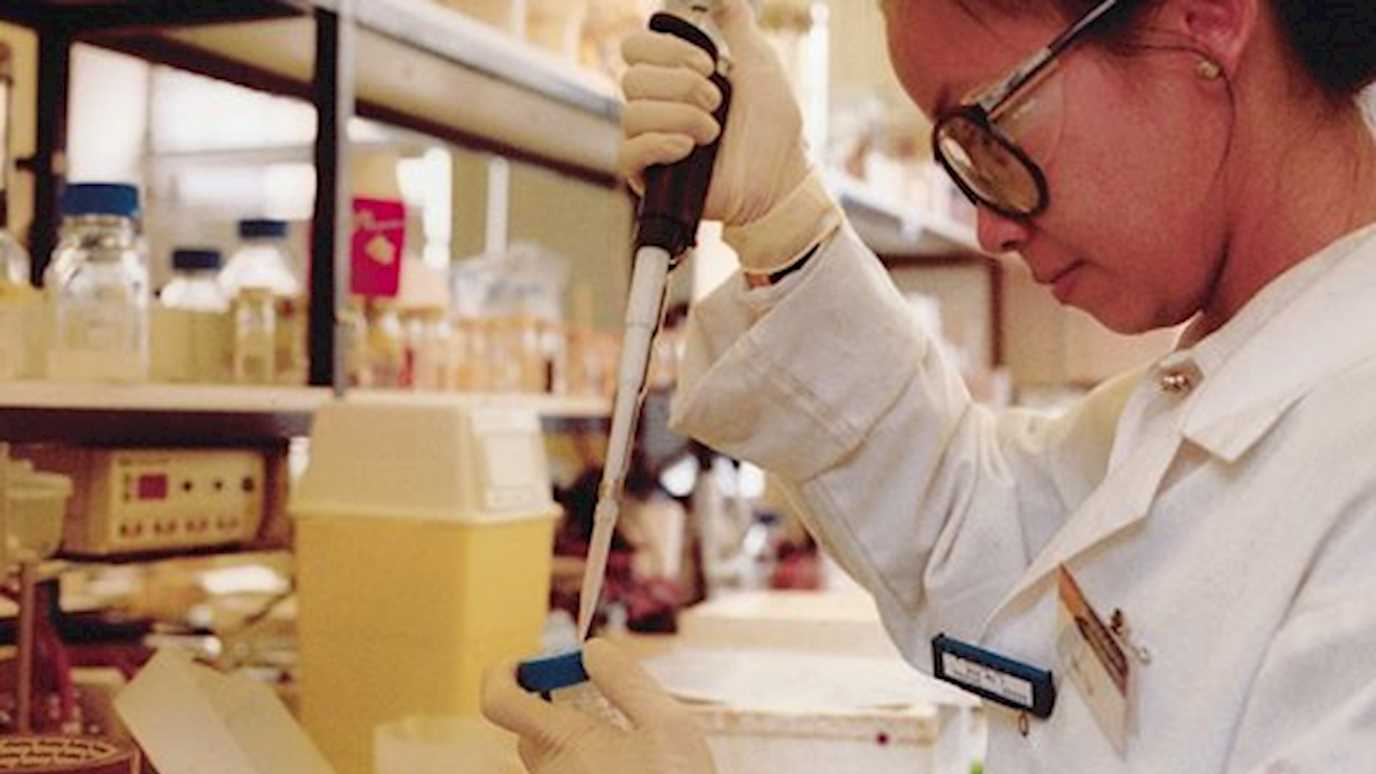Epilepsy is the most common neurological disease after migraine but drug treatments fail in around 30% of cases. Our research into ketogenic diets has led to a new dietary treatment to improve patient quality of life.
Improving the health and quality of life in patients with drug-resistant epilepsy
Epilepsy is the most common neurological disease after migraine, affecting around 1 in 100 people in the UK, and 50 million people worldwide. Although a large array of drug treatments are available, these fail in around 30% of cases. Treatment of patients with devastating drug-resistant epilepsy often employs a low-carbohydrate (high-fat) diet, called the ketogenic diet, which although effective, is very difficult to maintain, and entails significant investment in NHS resources. Our research has identified and developed a new diet that is considerably easier for patients to use, and less reliant on NHS resources. It may help in improving the health and quality of life in patients by significantly reducing seizure occurrence and intensity and enable many patients to reduce or even stop anti-epileptic medications.
Saving the NHS costs in patient treatment
Typically, the ketogenic diet is administered in an outpatient setting, although young children have a 5-10 day hospital admission. However, all patients are currently supported by specialist paediatric dietitian, clinical nurses, consultant biochemist, consultant neurologist, pharmacist, and diagnostic and monitoring services prior to treatment, with at least six monthly repeats. The new diet is likely to significantly reduce hospital staff time during treatment due to reducing dietary restrictions and subsequent need for support services. A recent US study suggests that the annual cost of drug-resistant epilepsy is $US4 billion, with individual health care costs at $US33613.
New approaches and applications
We are continuing our research into the development of new pharmacological approaches to reduce the restrictive nature of ketogenic diets whilst also looking at how the MCT ketogenic diet can potentially be used for improved patient treatment in other diseases including cancer, bipolar disorder and Alzheimer’s disease.
“Through our innovative approach to understanding the treatment of drug-resistant epilepsy, we hope to have provided a new dietary treatment that will help patients with epilepsy lead a happier, healthier and safer life.”
Further articles and videos on epilepsy research:
All you need is fats – for seizure control: Using amoeba to advance epilepsy research
Medium Chain Fatty Acids; In Progress report on new antiepileptic drugs
Social amoebae for epilepsy research






















